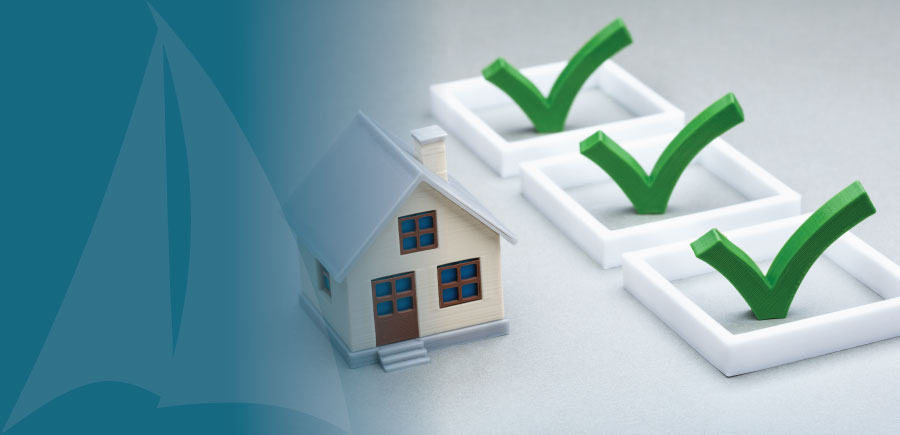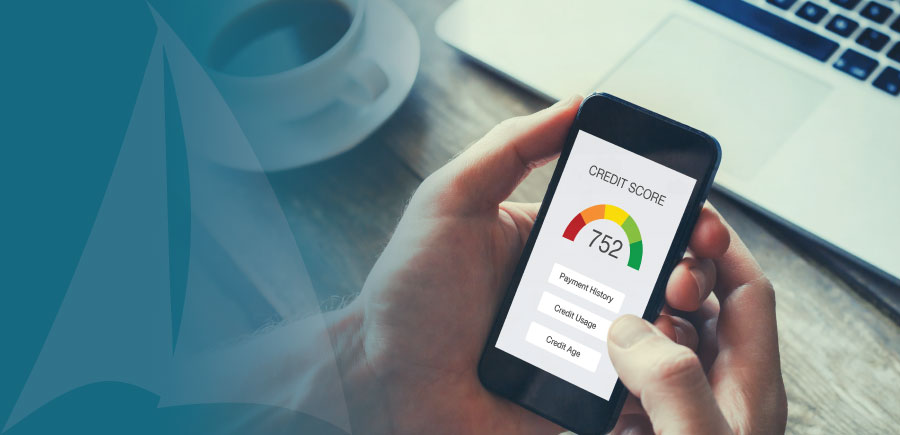not featured
2024-06-27
Mortgage Loans
published
4 minutes
Purchasing a house is one of the most significant financial commitments you'll make in your lifetime. Understanding how much you can afford is crucial to ensure that you make a wise investment without overstretching your finances. Here’s a comprehensive guide to help you determine your budget for buying a house.
1. Evaluate Your Income and Expenses
Start by assessing your monthly income and expenses. This includes:
- Net Income: Your take-home pay after taxes and deductions.
- Fixed Expenses: Regular payments such as rent, utilities, groceries, transportation, and insurance.
- Variable Expenses: Discretionary spending like dining out, entertainment, and hobbies.
- Debts: Monthly payments for student loans, credit cards, car loans, etc.
Understanding your cash flow will give you a clear picture of how much money is available for a mortgage payment.
2. Calculate Your Debt-to-Income Ratio (DTI)
Lenders use the debt-to-income ratio to evaluate your ability to manage monthly payments and repay debts. Here’s how to calculate it:
- Front-End Ratio: This is the percentage of your gross monthly income that goes towards housing expenses (mortgage, property taxes, homeowners’ insurance). Ideally, this should not exceed 28%.
- Back-End Ratio: This includes all your monthly debt payments (housing expenses plus other debts). Lenders prefer this ratio to be 36% or lower.
For example, if your monthly gross income is $5,000, your maximum front-end DTI should be $1,400 ($5,000 x 0.28), and your total monthly debts should not exceed $1,800 ($5,000 x 0.36).
FIND MORTGAGE JARGON CONFUSING? CLICK HERE TO LEARN MORE ABOUT WHAT THESE TERMS MEAN.
3. Consider Your Down Payment
The size of your down payment affects the loan amount and your monthly mortgage payments. A larger down payment reduces the loan principal, resulting in lower monthly payments. Conventional wisdom suggests aiming for a 20% down payment to avoid private mortgage insurance (PMI), but there are loan programs with lower down payment requirements.
4. Factor in Closing Costs and Other Expenses
In addition to the down payment, you’ll need to cover closing costs, which typically range from 2% to 5% of the loan amount. Other costs to consider include:
- Home Inspection and Appraisal Fees
- Property Taxes
- Homeowners Insurance
- HOA Fees (if applicable)
- Maintenance and Repairs
5. Use Online Calculators
Online mortgage calculators can provide an estimate of how much house you can afford based on your income, expenses, and down payment. These tools consider factors such as interest rates, loan terms, and property taxes to give you a more accurate picture of your potential monthly payments.
6. Seek Professional Advice & Get Pre-Qualified for a Mortgage
Consulting with a financial advisor or mortgage lender can provide personalized advice tailored to your unique situation. They can help you navigate the complexities of the home-buying process and make informed decisions.
Many mortgage bankers can assist you with getting pre-qualified for a mortgage, which gives you a realistic idea of how much a bank is able to qualify you for. The pre-qualification process involves a thorough examination of your financial situation, including your credit score, income, and debt levels. A pre-qualification letter also strengthens your position as a serious buyer when making an offer on a home.
7. Plan for the Future
Consider your long-term financial goals and potential changes in your income or expenses. Will your family grow? Do you plan to change jobs or retire soon? Ensuring your mortgage is affordable both now and, in the future, will help you avoid financial strain.
Knowing how much you can afford when buying a house involves careful consideration of your financial situation, future goals, and market conditions. By evaluating your income, expenses, debt, and savings, you can set a realistic budget and confidently embark on your home-buying journey. Remember, a home is not just a financial investment but also a place where you’ll create lasting memories, so make sure it’s one you can comfortably afford.





